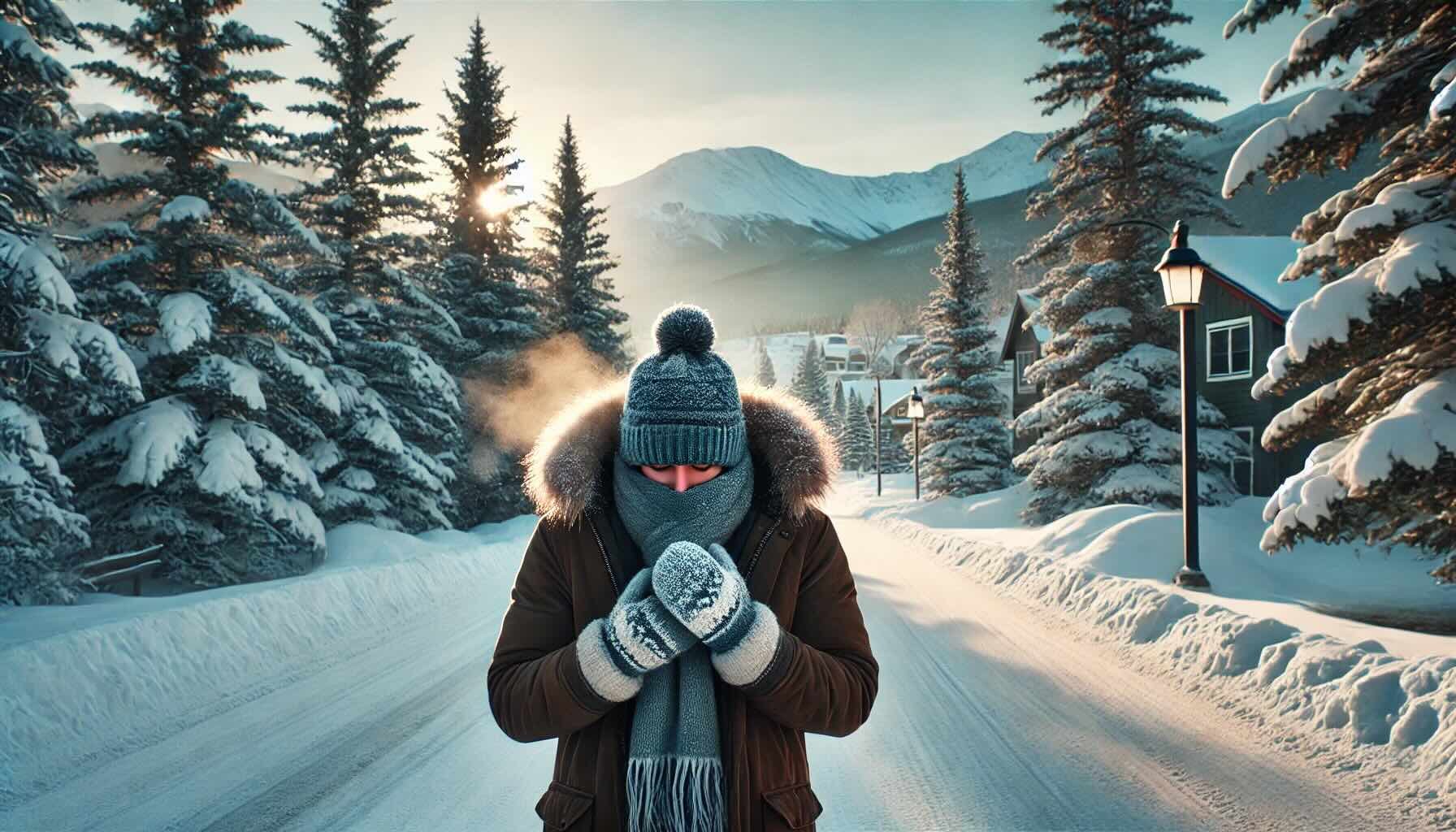Is Colorado Very Cold? Exploring the State's Climate
Colorado is a state of diverse climates and stunning landscapes, making it a popular destination for adventurers, nature enthusiasts, and those seeking a unique lifestyle. However, if you're planning a visit or considering a move, one common question arises: Is Colorado very cold?
The answer isn't straightforward—it depends on where you are in the state, the time of year, and even your altitude. Here's a breakdown of Colorado's climate to help you understand what to expect.
A State of Contrasts
Colorado’s geography ranges from the towering Rocky Mountains to sprawling plains, and this diversity creates a wide range of temperatures. While some areas experience cold winters, others enjoy mild weather year-round. Here’s how it breaks down:
The Mountains: A Winter Wonderland
In Colorado’s high-altitude regions, such as Aspen, Breckenridge, and Vail, winters are famously cold and snowy. Average temperatures in mountain towns can dip below freezing, and snow is abundant—great for skiing and snowboarding enthusiasts. Even in summer, these areas remain cooler than the lower elevations, with daytime highs averaging in the 60s and 70s (°F).
The Front Range: A Balanced Mix
Cities along the Front Range, including Denver, Boulder, and Colorado Springs, experience more moderate weather. Winters can be cold, with average highs in the 40s and lows in the 20s (°F), but the "Colorado sunshine" often helps temperatures feel warmer than they are. Snowfall occurs, but it typically melts quickly, thanks to sunny days.
The Plains: Extreme Swings
In eastern Colorado, the climate can be more extreme. Summers bring high temperatures in the 80s and 90s (°F), while winters are colder, with average lows often in the teens. Strong winds and occasional blizzards can add to the winter chill.
What Makes Colorado Unique?
One of the most fascinating aspects of Colorado’s climate is its variability. You might experience sunshine, snow, and rain all in a single day. This phenomenon, often attributed to the state’s elevation and mountainous terrain, keeps residents on their toes.
Dry Air and Sunshine
Despite the cold, Colorado’s dry air and abundant sunshine—averaging over 300 days a year—make the winters more tolerable. Low humidity also means the temperatures feel less extreme than in wetter climates.
Altitude Effects
Colorado’s elevation plays a significant role in its weather. At higher altitudes, temperatures drop, and the air becomes thinner. For every 1,000 feet of elevation gain, the temperature decreases by about 3.5°F. This means that while Denver might feel mild, a trip to Rocky Mountain National Park could require winter gear even in early fall.
What to Pack for Colorado Weather
If you’re visiting or moving to Colorado, packing smart is essential:
Winter: Insulated jackets, layers, gloves, and boots are must-haves if you’re heading to the mountains. In the cities, a warm coat and sturdy footwear will suffice.
Summer: Light clothing for the day, but pack a jacket for cooler evenings, especially in higher elevations.
Year-Round: Sunglasses, sunscreen, and a water bottle—Colorado’s sun is intense, and the dry air can lead to dehydration.
Is Colorado Too Cold for You?
Colorado’s cold winters are part of its charm, especially for outdoor enthusiasts. However, the state offers enough variety to suit different preferences. Whether you prefer the snowy peaks or the milder Front Range, Colorado’s climate is as diverse as its landscape. With proper preparation, the cold can feel invigorating, not intimidating.
If you're considering visiting or making Colorado your home, embrace the layers—both in your clothing and in the state's climate. Colorado may be cold in parts, but it’s a state that promises warmth in its beauty, adventure, and welcoming communities.
Let the weather be just one more reason to fall in love with the Centennial State!

